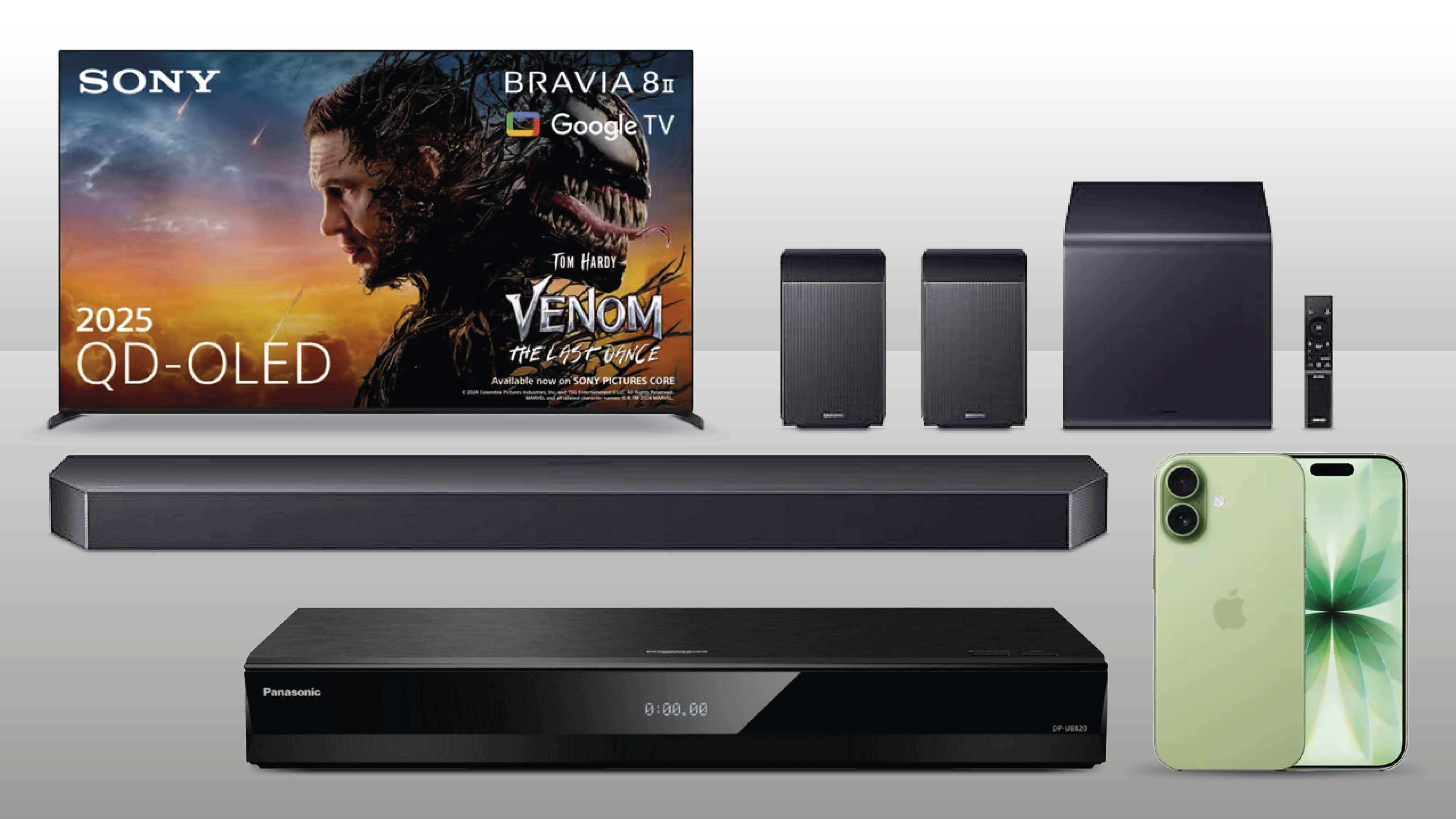AV
Explore AV
Latest about AV
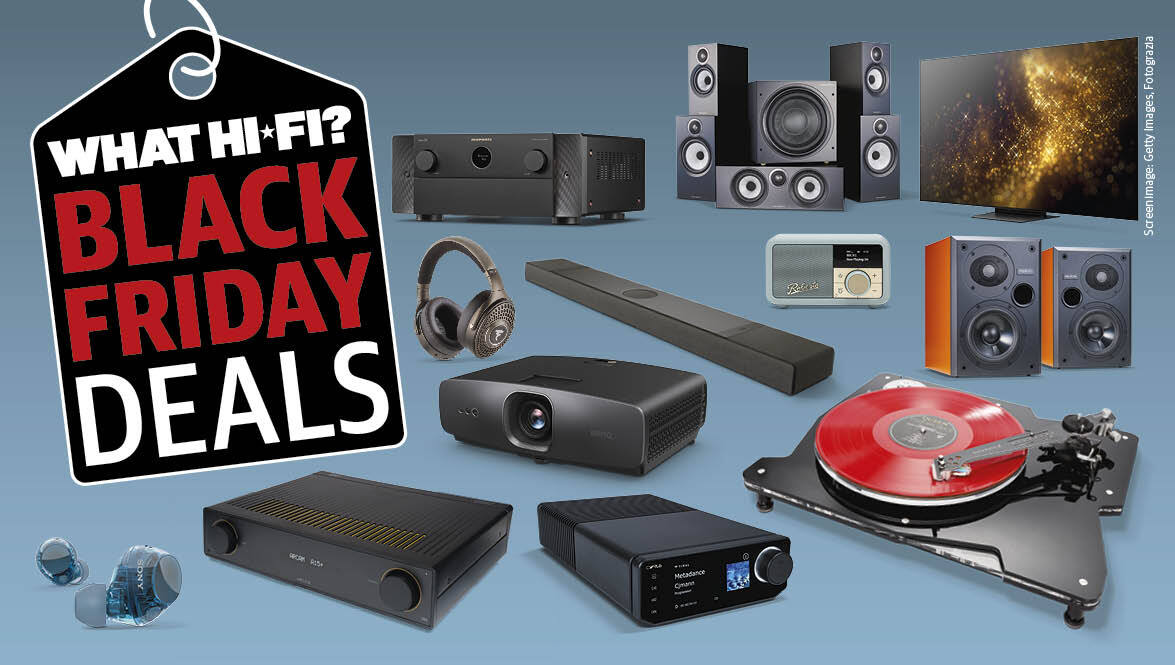
Black Friday 2025: our pick of the best deals on headphones, TVs, speakers, soundbars and more
By Alastair Stevenson published
It’s a marathon not a sprint finding the best audio visual deals and we’re running it right now

Is it Black Friday? Not really, but there are some great hi-fi and home cinema deals
By Alastair Stevenson published
If you don’t want to wait a week, fake Black Friday has brought some solid discounts on five-star products
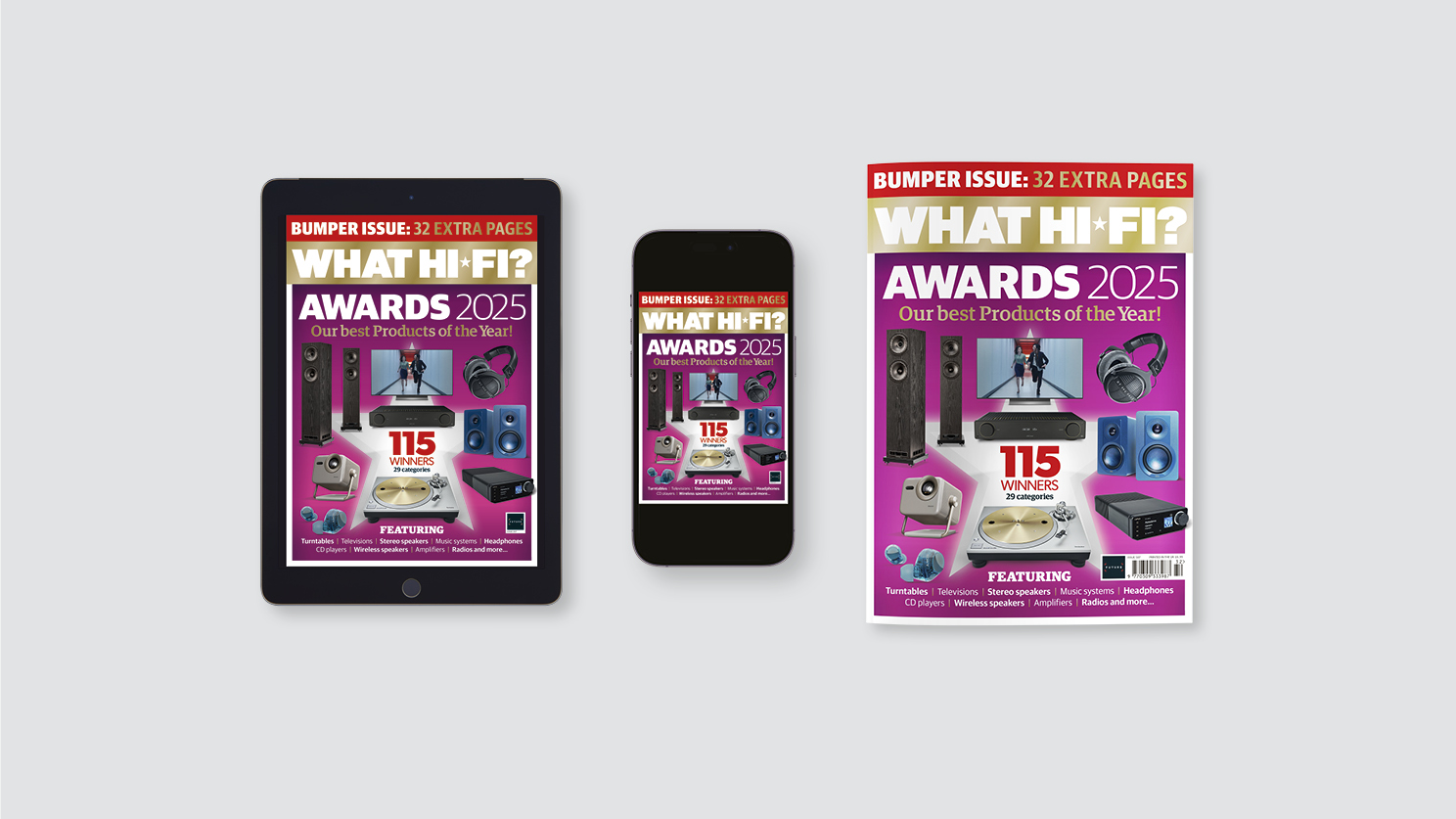
What Hi-Fi? Awards 2025 issue on sale now!
By Chris Burke published
In this month's bumper magazine, we announce the big winners in all categories of hi-fi and AV products at this year's prestigious What Hi-Fi? Awards...
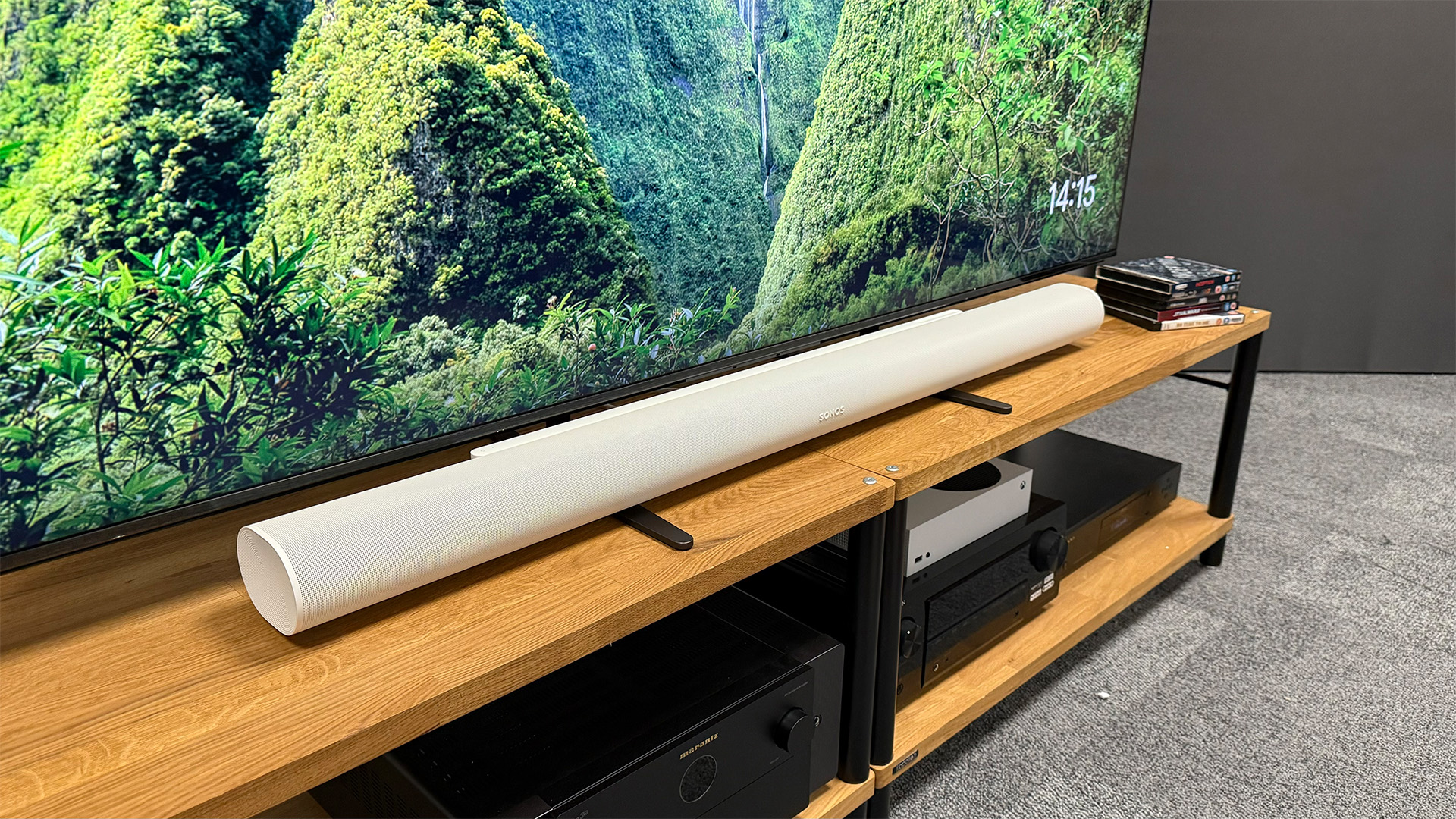
The Amazon Black Friday sale is officially live – and we’ve picked the 17 best hi-fi and home cinema deals
By Joe Svetlik published
New deals have sprung up, while existing discounts have gotten bigger. Welcome to Black Friday 2025.

Get personalised Black Friday buying advice from the What Hi-Fi? reviews team right here!
By Alastair Stevenson published
Not sure which amp or long-throw projector to get? You can ask our experts all week for their tailored advice
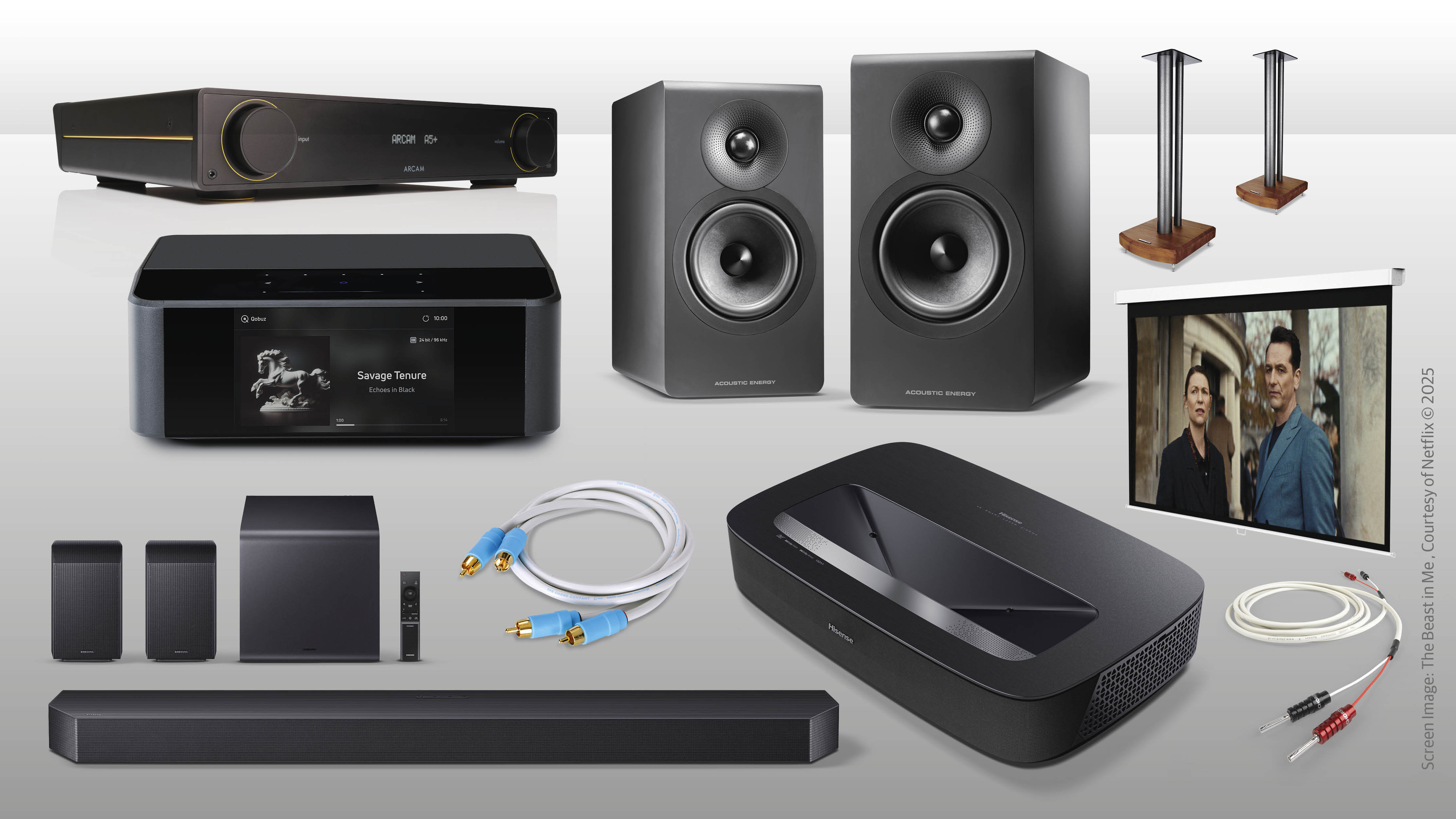
I'm editor in chief of What Hi-Fi? and this is my Black Friday shopping list – two baskets of treats for serious music and movie fans
By Alastair Stevenson published
These are the two big hi-fi and home cinema setups our head honcho wants to get on deal during this year’s sale
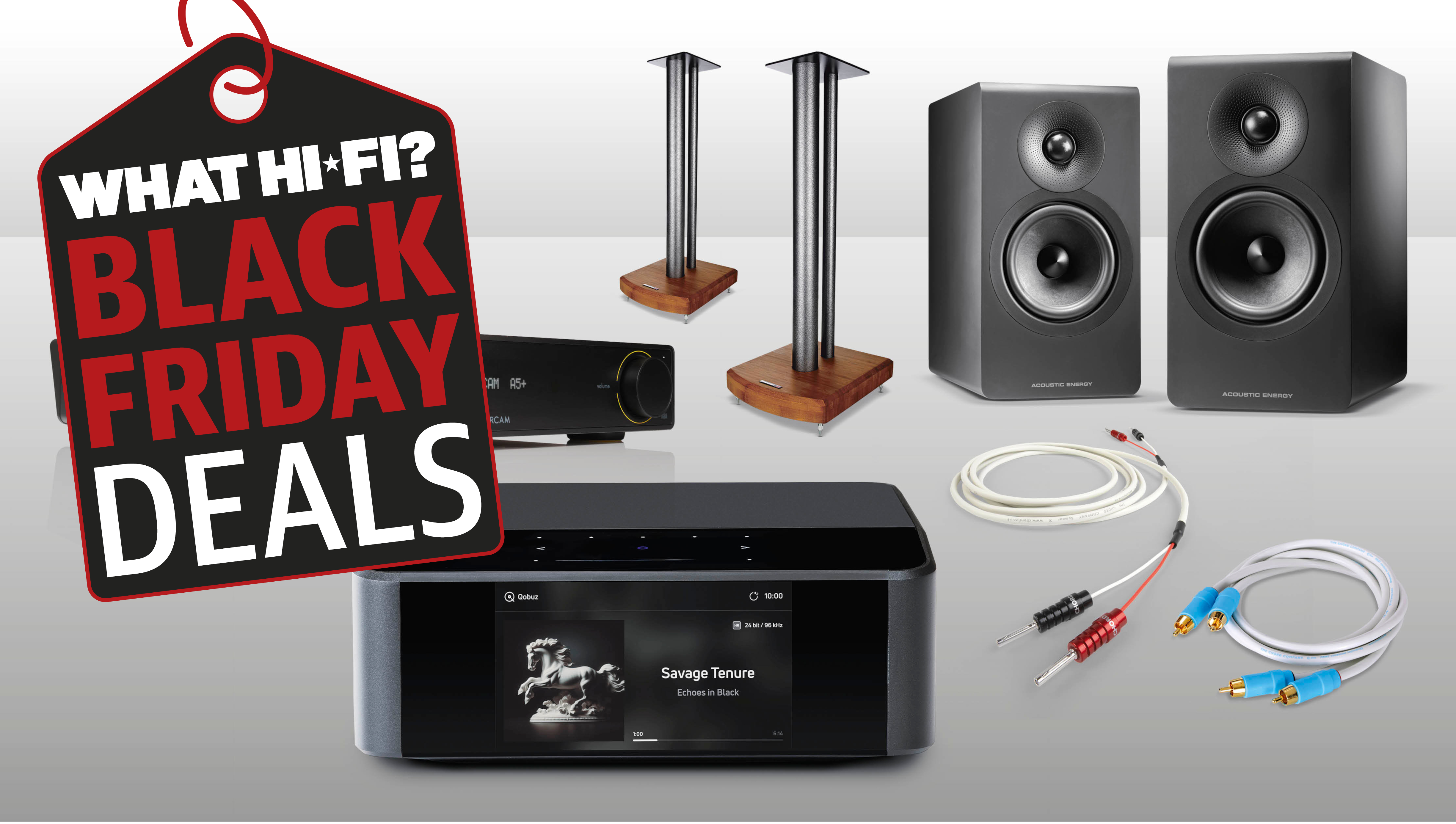
How to avoid bad hi-fi and home cinema deals this Black Friday – top tips and tricks from our review team
By Alastair Stevenson published
We’ve covered the shopping event for many moons and it’s getting worse every year…
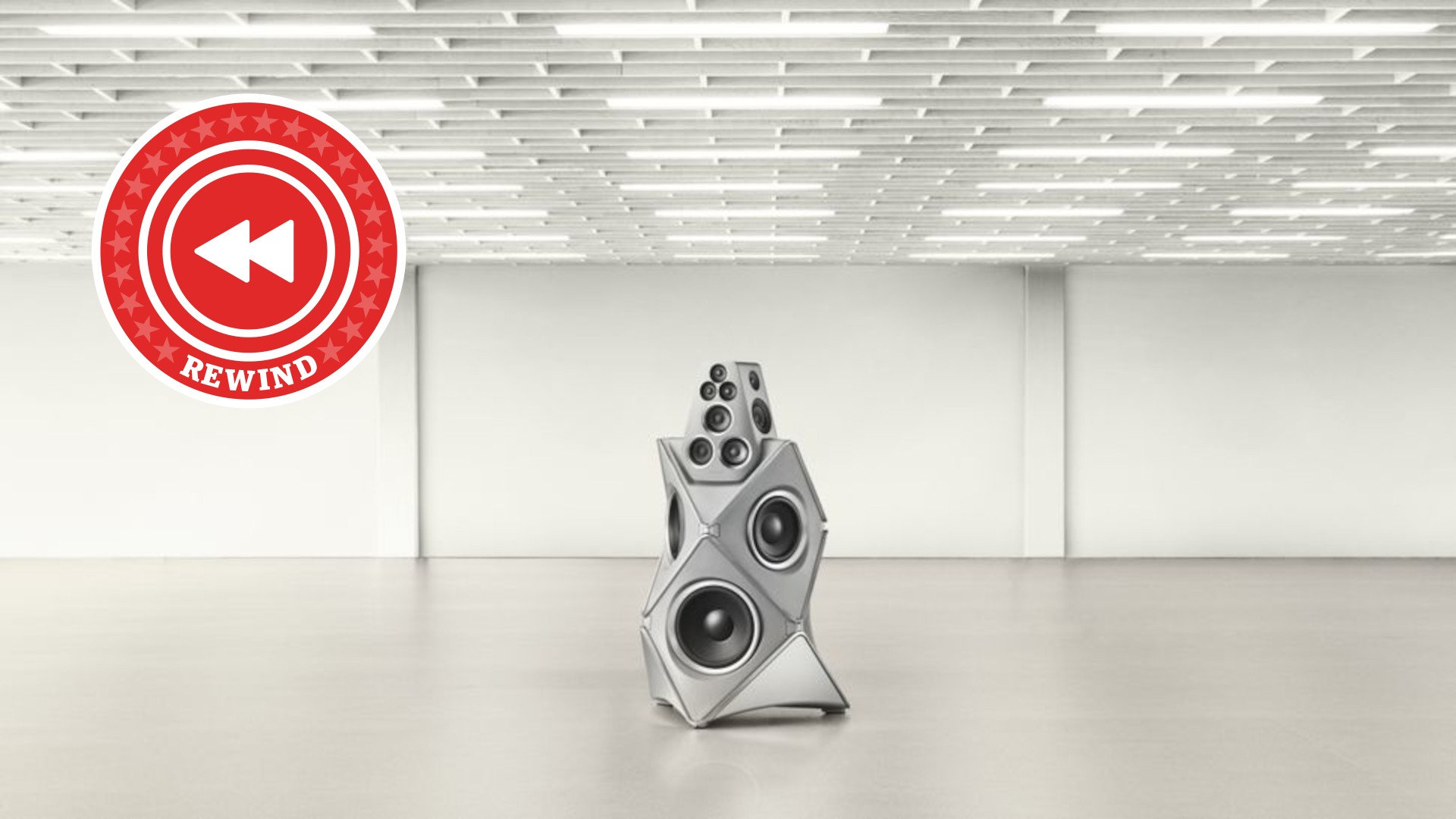
24 Award-winning products revealed, new Temptation level Bang & Olufsen speakers, a giant TCL TV and more
By Alastair Stevenson published
Another week, another entry to our Rewind hi-fi and home cinema news digest
The latest hi-fi, home cinema and tech news, reviews, buying advice and deals, direct to your inbox.

